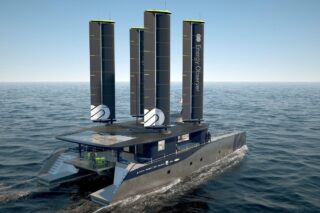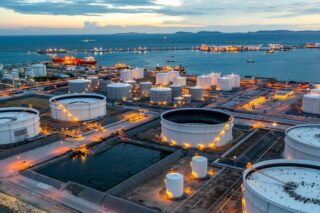An industrial pasteurizer is a specialized piece of equipment used in food processing to heat-treat products and eliminate harmful microorganisms. Since it is not always easy to choose the right equipment in front of a multitude of manufacturers, we have produced this buying guide with tips and recommendations to help you make the right purchasing decision.
When selecting an industrial pasteurizer, there are several key factors to consider:
- Temperature: The temperature is crucial for eliminating bacteria in food during pasteurization.
- Product Type: Different food products have varying characteristics, such as particle size, heat sensitivity, viscosity, and acidity.
- Capacity: Pasturizers come in small, medium, and large sizes.
- Pasteurization Method: There are three main methods of pasteurization:
- High-Temperature Short-Time (HTST): Rapid heating at high temperatures for a short duration.
- Higher-Heat Shorter-Time (HHST): Slightly longer heating time at lower temperatures.
- Ultra-High Temperatures (UHT): Extremely high temperatures for very brief periods.
- Energy Source: Steam, electricity, or gas
- Sterilization Time: The duration of pasteurization affects the product’s safety and shelf life.
- WHAT TYPES OF FOODS ARE PASTEURIZED IN THE FOOD INDUSTRY?
- WHAT ARE THE DIFFERENT TYPES OF PASTEURIZERS?
- WHAT ARE THE CRITERIA TO CONSIDER WHEN PURCHASING A PASTEURIZER?
- WHAT ARE THE DIFFERENT PASTEURIZATION PROCESSES FOR FOOD PRODUCTS?
![[BUYING GUIDE] How to Choose the Right Food Pasteurizer?](/wp-content/uploads/sites/3/food-1000x625.png)
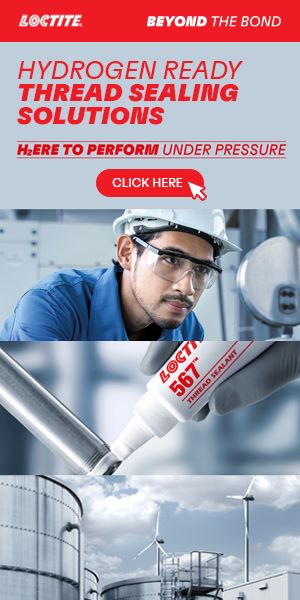
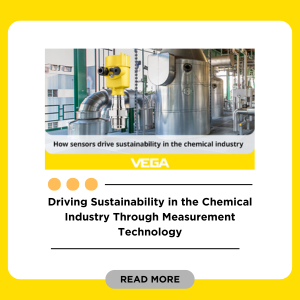

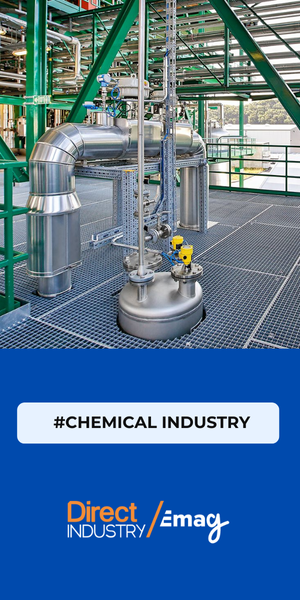

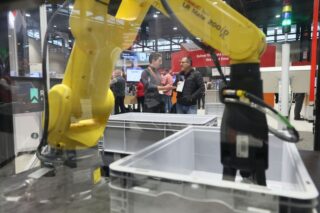
![Image [Buying Guide] How to Choose the Right AMR?](/wp-content/uploads/sites/3/AMR-320x213.jpg)

